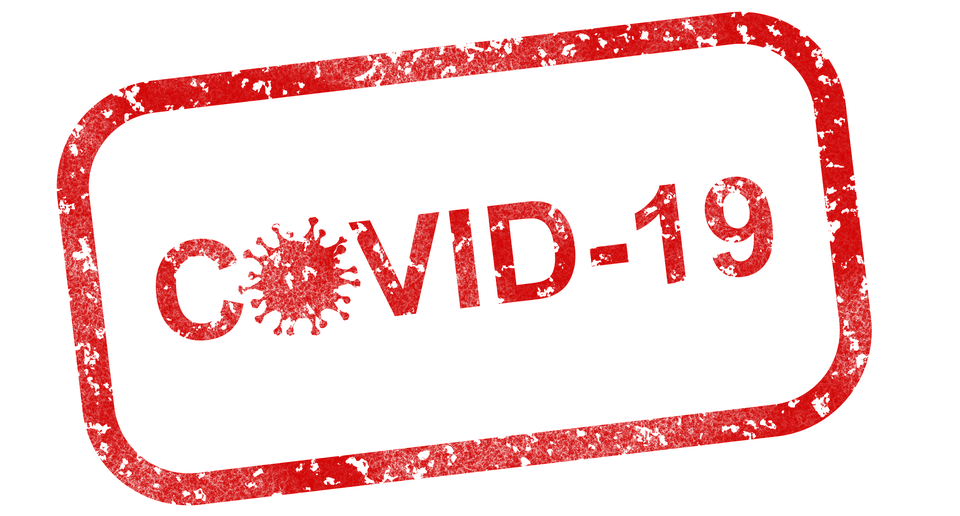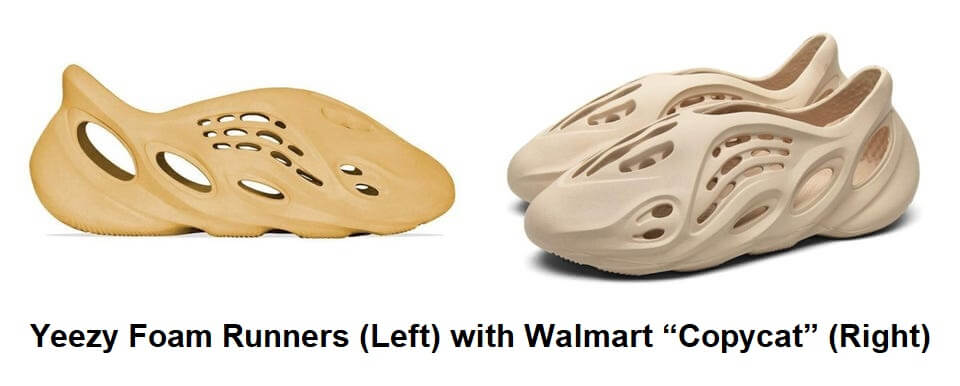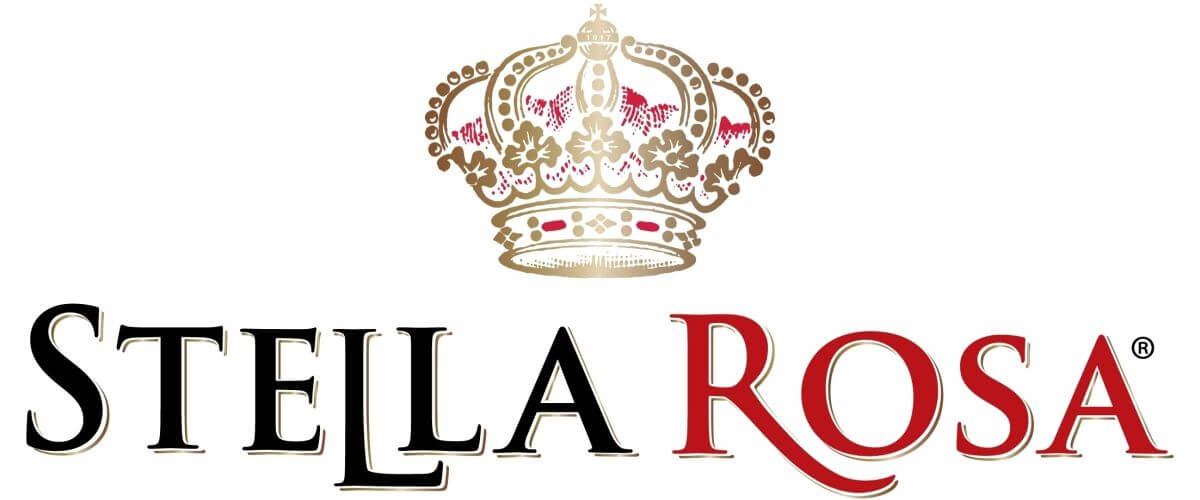COVID-19 Pandemic Leads to Surge in U.S. Trademark Filings
Takeaway: There has been an unforeseen surge in U.S. trademark filings over the last year causing delays in processing, and the USPTO is working to implement new technology for faster application processing.

According to the U.S. Patent and Trademark Office, trademark applications from both U.S. and foreign applicants have reached unprecedented heights.
The USPTO states that in December 2020 alone, the office received an increase of 172% over December 2019 in trademark applications. During the COVID-19 pandemic, more people found themselves at home with extra time on their hands, which may explain this drastic increase from both domestic and foreign filers. Another possible reason for the increase may be that many people who left their workplaces during the height of the pandemic ventured out to start their own businesses.
Regardless of the reason for this spike, delays at the USPTO are not only expected but probable. To combat this unforeseen surge, the USPTO claims to be implementing informational technology solutions and system enhancements to process applications faster.
Kanye West Claims Walmart Knocked Off His Shoes
Takeaway: Walmart is allegedly selling “copycat” versions of Yeezy Foam Runners. You be the judge.

Kanye West is a topic of interest in the intellectual property realm again, this time for alleging Walmart is in violation of unfair competition laws for selling knockoff versions of his Yeezy Foam Runner shoes for a fraction of the Yeezy price. West claims the shoes are “virtually indistinguishable” and a “flagrant” knockoff of his iconic design.
After the filing of the complaint, Walmart has reportedly removed the alleged copycats from their site. This is not the first time West has had a run-in with Walmart in the area of intellectual property law. Earlier this year, Walmart sought to cancel Yeezy’s sunburst logo claiming it was too similar to Walmart’s spark logo. The outcome of the shoe debacle is yet to be determined.
Photo Credit: forbes.com/sites/nathanieleasington/2021/06/25/kanye-west-sues-walmart-for-selling-yeezy-knockoffs/?sh=44d8b3563ba1
Supreme Court Narrows Assignor Estoppel for Patent Owners
Takeaway: Assignor Estoppel is applicable in limited circumstances for patent inventors or owners who assign their patents, and then later claim the patents are invalid.
The U.S. Supreme Court narrowed the circumstances in which inventors can challenge their own patents. For multiple reasons, inventors may wish to challenge their own patents, including instances where they have assigned their own patents. This principle of challenging your own patent has its limits, however, known as “assignor estoppel.”
Justice Kagan wrote that this “doctrine applies when an inventor says one thing (explicitly or implicitly) in assigning a patent and the opposite in litigating against the patent’s owner.” The Supreme Court held that the doctrine is needed to prevent “unfair dealing” where someone receives money for a patent and then claims it is invalid.
Assignor estoppel, however, is not applicable in situations such as common employment agreements where workers agree to assign to their employer all future inventions developed on the job and where a patent changes after assignment.
Colorado Becomes the Third U.S. State to Pass a Privacy Act
Takeaway: If you conduct business in states like California, Virginia and now Colorado, it is important to note their ever-changing privacy laws and work with your counsel to remain compliant with these new laws.

As many have predicted, since states like California and Virginia passed their groundbreaking privacy laws, specifically the California Consumer Privacy Act, states are now following their lead. Colorado’s Senate Bill 190, also known as the Colorado Privacy Act or the CPA, has passed and is now awaiting signature by Governor Polis before it becomes law. If signed, the Act will officially go into effect on July 1, 2023.
Similar to the CCPA, consumers will be granted specific rights under the CPA, including the right to access, control or delete personal data.
If you have any questions concerning this development or if you conduct business in the State of Colorado, contact us at privacy@cislo.com to learn more. At Cislo & Thomas LLP, we keep up-to-date on the constantly evolving privacy laws and regulations.
European Trademark Law Uncertainties Are Now Settled in Case Against San Antonio Winery — a BIG win for Cislo & Thomas LLP

Uncertainties of European trademark law were just answered in a case involving one of the oldest and largest wineries in Los Angeles, San Antonio Winery. Can it be trademark infringement to manufacture a product in Italy with a mark that is alleged to be confusingly similar to a third party’s mark on the product, where sales are only outside of Italy? And, in a trademark registration cancellation action for non-use, who has the burden of proof — the registrant to prove use or the challenger to prove non-use?
With the help of multiple local producers in Piedmont, Italy, San Antonio Winery (represented by attorneys Jeffrey Sheldon, Esq. and Katherine Bond, Esq. of Cislo & Thomas LLP) has been manufacturing STELLA ROSA wine in Italy for the past 15 years. Despite having an Italian trademark registration issued in 2006 for the mark STELLA ROSA for use in connection with wine, a wine producer challenged the company’s right to make and export wine asserting the following Italian law:
“Without prejudice to the rights of the owners acquired before the filing date or the priority date of the registered trademark, the owner of this registered trademark has the right to prohibit third parties … (a) from affixing the sign to products or on their packaging; Article 10 of the EU Directive 2015/2436, Paragraph 2.”
The opposing party had obtained rights to the mark STELLA in 1978 in both Germany and Italy. For over 10 years, San Antonio Winery had been producing its wine without interruption. In 2016, it found itself facing an action in Italy of what would be equivalent to a temporary restraining order in the United States. The company was successful in defeating this initial attempt with the judge holding that STELLA was weak, and the brands STELLA and STELLA ROSA are distinguishable such that confusion would not be likely.
Unanswered was whether mere bottling in Italy without sales in Italy could even be an infringement.
Undeterred, the challenging party unsuccessfully went to Alicante, home of the European Union Intellectual Property Office, trying to cancel six STELLA ROSA trademark registrations. Cislo & Thomas LLP prevailed for its client.
The court ruling in San Antonio Winery’s favor went on to note that, “Stella Rosa branded wines are not sold in the Italian market … nor, on the other hand, [have] those with the Stella brand … ever been exported to the US.” In essence, for the first time, an Italian appeals court held there could be no confusion because the products are never offered to consumers in Italy. Thus, mere bottling in Italy without sales in Italy cannot be infringement.
San Antonio Winery has significantly invested in the STELLA ROSA brand, making it a target for challenges world-wide. Not only was the production of its brand in jeopardy but also the livelihoods of several individuals and businesses in Italy. These successes illustrate that the law can be changed to reflect the circumstances of the present.
Cislo & Thomas LLP Spotlight
Jeffrey Sheldon, Esq. and Daniel Cislo, Esq. Serve as Intellectual Property Law Expert Witnesses
With 46 years and 35 years of experience respectively, Jeffrey Sheldon, Esq. and Daniel Cislo, Esq. have been working in intellectual property law for most of their lives, and the benefit of these years of experience is the ability to testify as expert witnesses in court. Expert witnesses, defined as an individual with reliable and extensive understanding of a specific subject matter, are valuable resources during trial. Their role is to understand complex information and provide credibility to help non-experts make informed decisions. If properly used, expert witnesses can significantly strengthen an entire case. Daniel Cislo has been an expert witness is 17 cases, and Jeffrey Sheldon has been an expert witness in 8.
For you attorneys, should you find yourself needing an intellectual property expert witness in court, consider Jeffrey Sheldon or Daniel Cislo of Cislo & Thomas LLP.
Enjoy keeping up with IP news?



